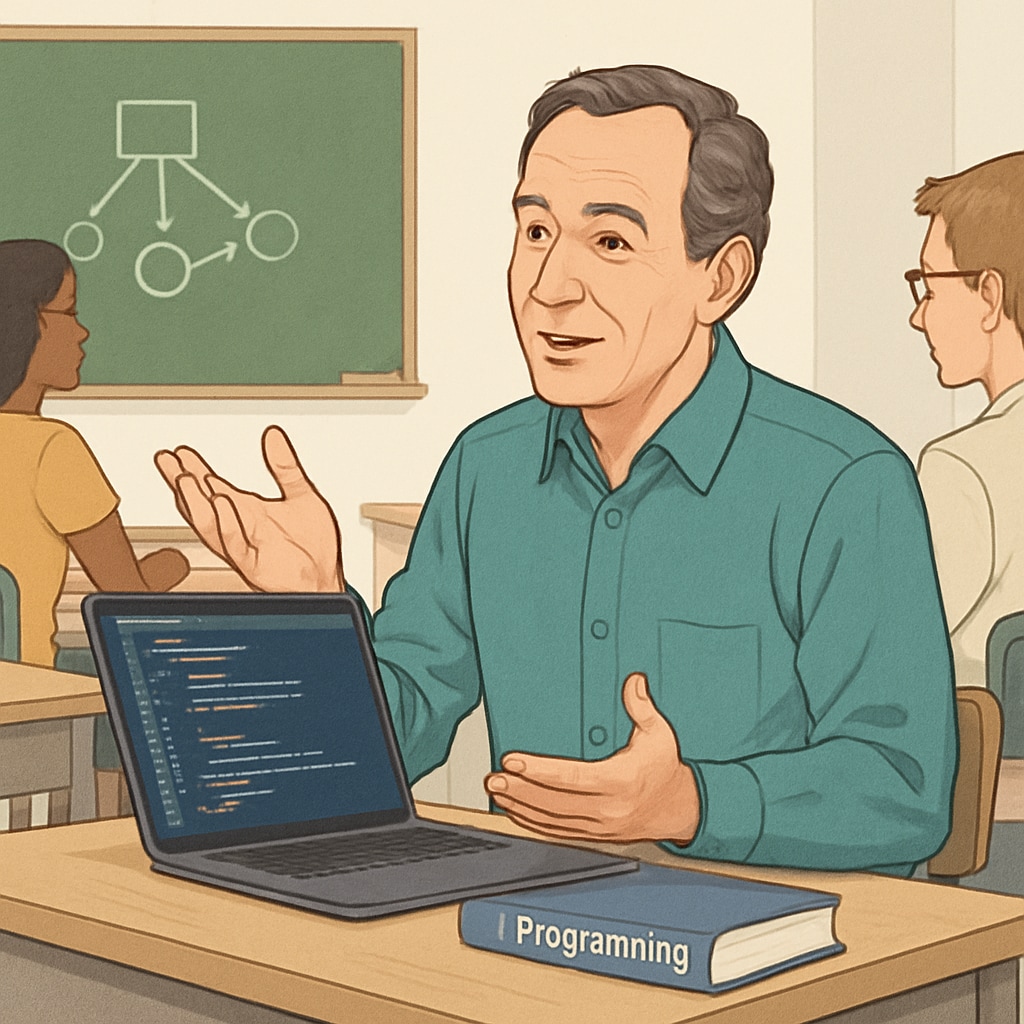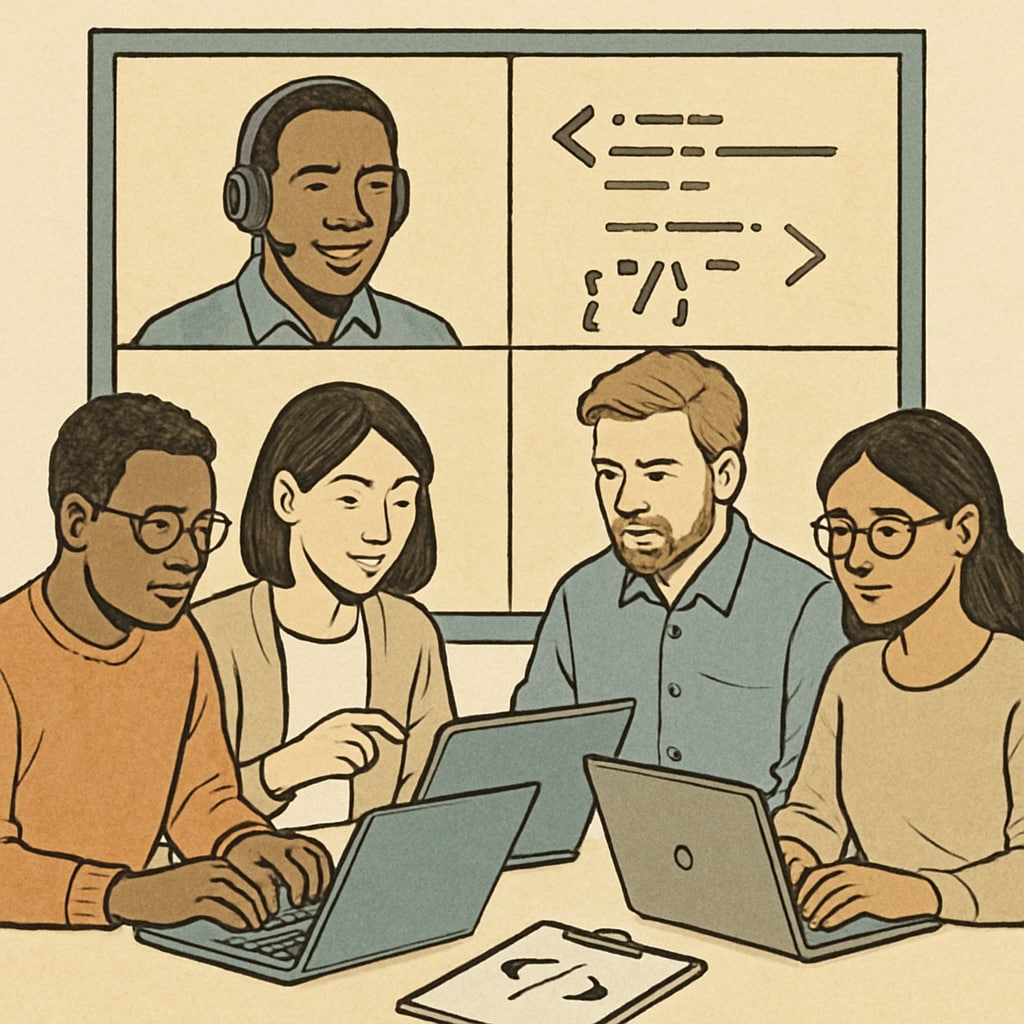Education, age, and programming are deeply interconnected when considering the idea of adults beginning formal education later in life. While traditional schooling often focuses on younger demographics, adults returning to or starting formal education bring unique advantages to the table. Their diverse life experiences and developed skills can transform challenges into opportunities, making their educational journey both feasible and valuable.
The Necessity of Adult Formal Education
In an era defined by rapid technological progress, formal education is increasingly essential for career progression and personal development. Adults may find themselves needing to reskill or upskill to remain competitive in the workforce. For example, programming has become a fundamental skill across industries, ranging from software development to marketing analytics.
Additionally, education plays a pivotal role in personal empowerment. Adults often pursue formal learning to fulfill lifelong aspirations, such as earning a degree, starting a business, or mastering a new field. These goals are not only achievable but also deeply enriching.
- Career advancement: Formal education equips adults with certifications and skills necessary for higher-paying roles.
- Lifelong learning: Education fosters intellectual growth and personal fulfillment.
- Adaptation to change: Learning helps adults stay relevant in dynamic industries like programming.

The Feasibility of Adult Formal Education
While starting formal education as an adult may seem daunting, it is entirely feasible with proper planning and resources. Many institutions now offer flexible learning options tailored for adult learners, including evening courses, online programs, and part-time schedules. For instance, websites like Coursera and edX provide affordable and accessible courses in programming and other fields.
Moreover, adults often have a psychological edge over younger learners. Their maturity, discipline, and ability to connect theoretical lessons to real-world applications can accelerate the learning process.
- Online resources: Platforms offering self-paced courses in fields like programming.
- Scholarships: Financial aid programs designed specifically for adult learners.
- Flexible schedules: Part-time and evening classes to accommodate busy lives.

How to Begin Your Educational Journey
Starting formal education as an adult requires careful planning based on individual circumstances, goals, and available resources. Here are some actionable steps:
- Identify your goals: Determine your motivation for pursuing education, whether it’s career advancement, personal growth, or mastering a specific skill like programming.
- Research options: Explore institutions, online platforms, and community programs that offer courses aligned with your goals.
- Create a schedule: Balance education with other responsibilities by setting aside dedicated time for study.
- Secure financial support: Look into scholarships, grants, or employer-sponsored programs designed for adult learners.
- Leverage your experience: Use your life skills and professional background to enhance your learning process.
For example, if programming is your focus, platforms like Codecademy offer interactive tools to make coding accessible to beginners.
As a result, adults embarking on formal education find that their journey is not only achievable but also deeply rewarding. Their ability to integrate past experiences with newfound knowledge often leads to faster progress and meaningful outcomes.
The Long-Term Value of Adult Education
Adult formal education offers benefits that extend far beyond academic achievement. It fosters resilience, adaptability, and innovation—qualities crucial for both personal and professional success. Whether you’re learning programming or exploring other disciplines, education builds a foundation for lifelong improvement.
Furthermore, the ripple effect of adult education positively impacts families and communities. Educated adults often inspire others to pursue learning, contributing to a culture of growth and opportunity.
In conclusion, education truly has no age limit. Adults returning to formal education bring unique perspectives and advantages, making their journey both feasible and essential. With the right resources and determination, unlocking the doors to lifelong learning is entirely possible.
Readability guidance: Short paragraphs, clear subheadings, and actionable lists ensure accessibility. Transition words like “however,” “therefore,” and “for example” facilitate smooth reading. The use of external links provides credibility and additional learning resources.


